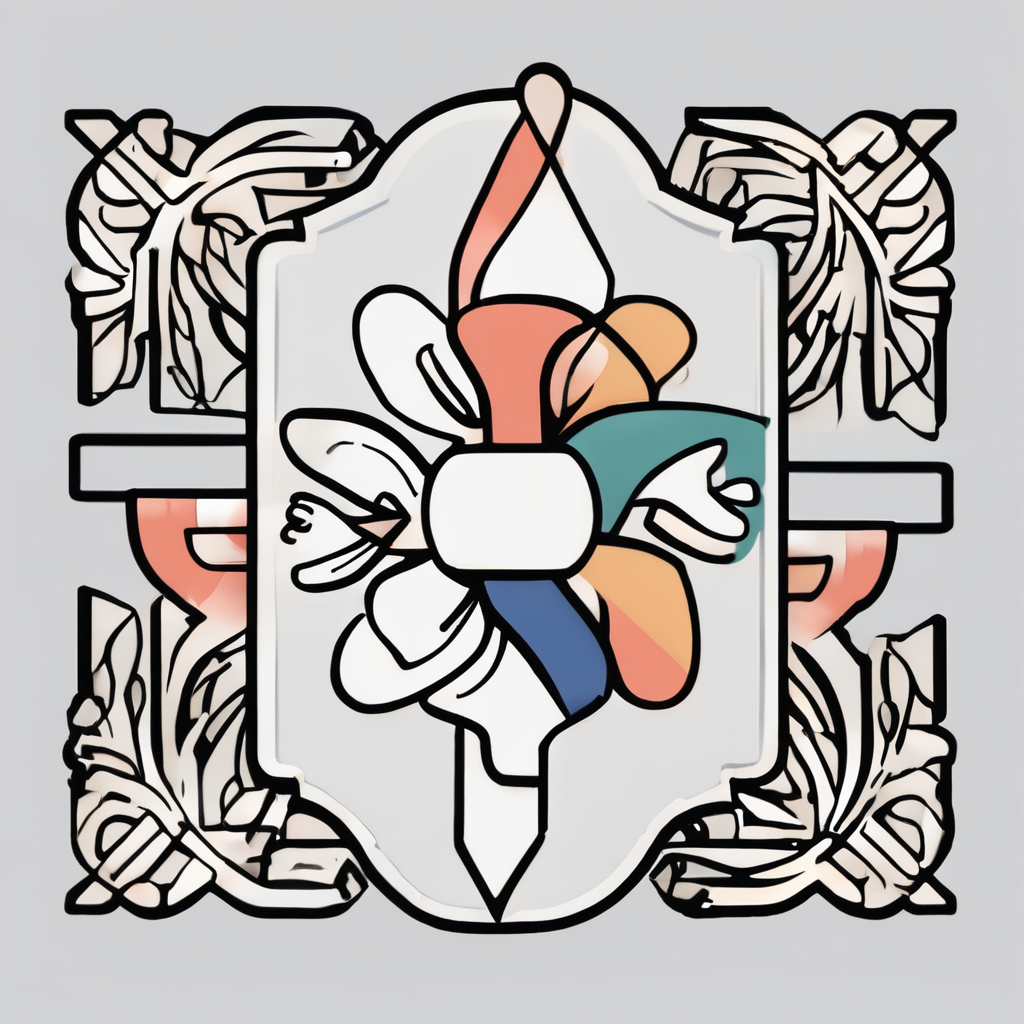Pet nutrition and daily routines for UK households
Feeding your pet correctly is essential for their health and wellbeing. For common UK pets like dogs, cats, and rabbits, pet nutrition UK must be tailored to their specific needs. Dogs generally require a balanced diet rich in protein and fats, while cats need diets higher in animal protein and certain nutrients like taurine. Rabbits thrive on high-fibre diets, mainly hay, supplemented with fresh vegetables.
Establishing consistent daily pet care routines, especially feeding and watering schedules, supports digestive health and behaviour stability. Feeding at the same times each day prevents overeating and reduces stress. Fresh water should always be available and refreshed regularly, crucial for all pets, particularly those prone to dehydration, such as rabbits.
Also read : How can you support your pet’s socialization in the UK?
Common dietary mistakes include feeding inappropriate amounts, offering human food that may be toxic (like chocolate or onions), and neglecting species-specific needs. Overfeeding can lead to obesity, while underfeeding can cause nutritional deficiencies. It’s best to follow clear feeding guidelines, consult vet recommendations, and adjust portions based on your pet’s age, weight, and activity. Consistency in diet and routine fosters a happy, healthy pet for UK households.
Exercise, enrichment, and safe environments
Ensuring adequate pet exercise UK is vital for maintaining a pet’s physical health and mental wellbeing. Dogs, especially breeds like border collies or retrievers, benefit from at least 30 to 60 minutes of daily exercise, including walks and play. Cats require less physical exercise but thrive with interactive play, such as feather wands or laser pointers, which contribute to their pet enrichment. Rabbits also need supervised exercise outside their pens to stay active and prevent obesity.
Also to read : How Can You Tell If a Pet Is the Right Fit for Your UK Home?
Pet enrichment goes beyond physical activity. Mental stimulation via puzzle feeders, training sessions, and new toys helps prevent boredom and destructive behaviours. For example, rotating toys keeps cats interested, while obedience training can challenge dogs’ intelligence.
Creating a pet-proofing home involves identifying hazards like toxic plants, accessible electrical cords, or unsecured trash bins. Safe environments reduce injury risks and promote a stress-free space. Use gates or barriers for pets to restrict access when necessary.
Balancing exercise, enrichment, and a secure space ensures pets in UK homes are healthy, happy, and well-stimulated. Regularly reassess your routines, as each pet’s needs evolve with age and behaviour. This holistic approach complements the feeding guidelines and daily pet care routines previously discussed.

